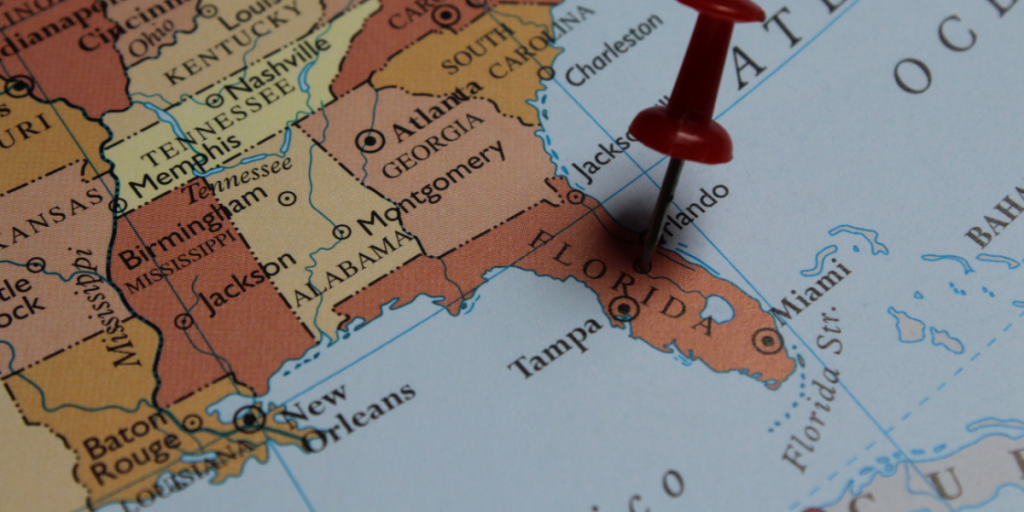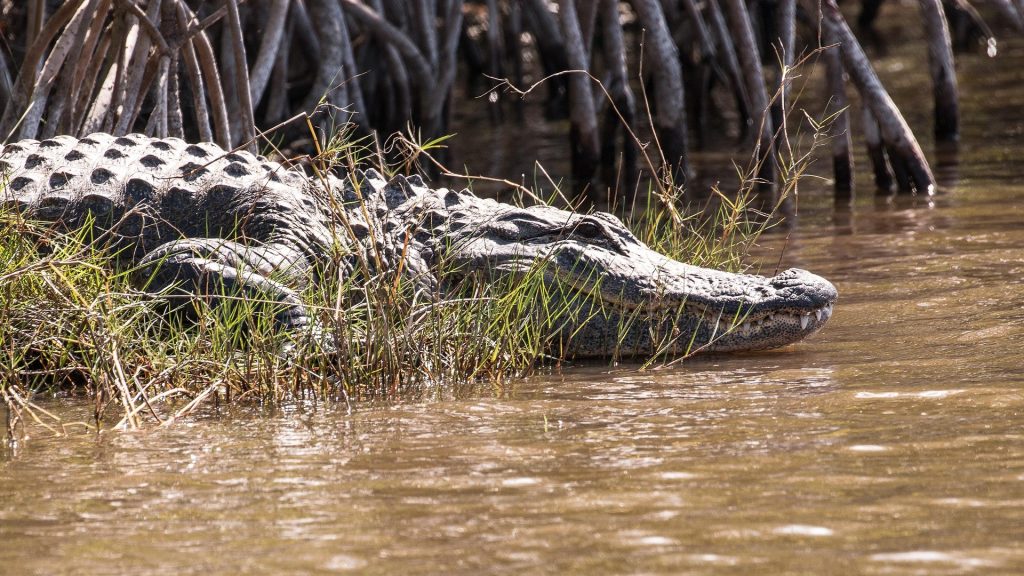‘Alligator Alcatraz’ to Close After Federal Judge’s Ruling
Others are reading now
Florida is no stranger to battles over land and water. For decades, the Everglades have been at the center of fights between developers, politicians, and conservationists.
The swampy wilderness is one of the most fragile ecosystems in the country, home to rare species and protected by federal law.
That is why the decision to build a giant immigration detention camp in the middle of it was controversial from the very start. Now, a federal judge has ruled against it.
Courtcase Won

Judge Kathleen Williams in Miami has ordered the state of Florida to dismantle the facility known as “Alligator Alcatraz” within 60 days, according to Digi24.
Environmentalists and the Miccosukee Indian Tribe had sued, arguing the center posed a serious threat to the Everglades. They won.
Also read
The camp was meant to be part of Donald Trump’s immigration crackdown. Florida Governor Ron DeSantis supported it, calling the remote location an advantage.
Inmates Among Alligators?

The airstrip site lies inside Big Cypress National Preserve, bordered by miles of swamp filled with alligators, crocodiles, and snakes.
Officials claimed the dangerous wildlife acted as natural security. Trump even joked during a visit that detainees would “learn to run from alligators.”
But the court said the government failed to follow the law. Williams ruled that an environmental assessment was required before construction but was ignored.
The Environmental Impact

She pointed to testimony from experts who warned of “considerable environmental impact.” Despite DeSantis’s assurances that the center would have “zero” effect, the judge ordered a full dismantling.
Also read
That includes fences, tents, lighting, generators, and all waste containers brought in to support the facility.
Two Months to Clear Out

The site itself has a long history. In the 1960s it was supposed to become the world’s largest airport, a plan stopped by conservationists led by Marjory Stoneman Douglas.
What remains is a lonely strip of concrete with no electricity or plumbing. Everything—from air conditioners to drinking water—had to be trucked in.
At its peak, the camp held around 1,000 people, though this week a congressman visiting the site found only 346 detainees.
DeSantis once said it could hold up to 5,000. For now, that plan is over. The state has two months to clear out.


